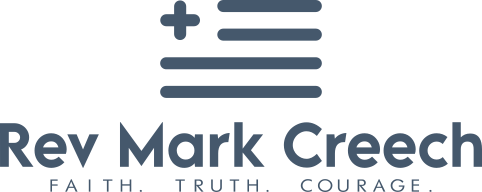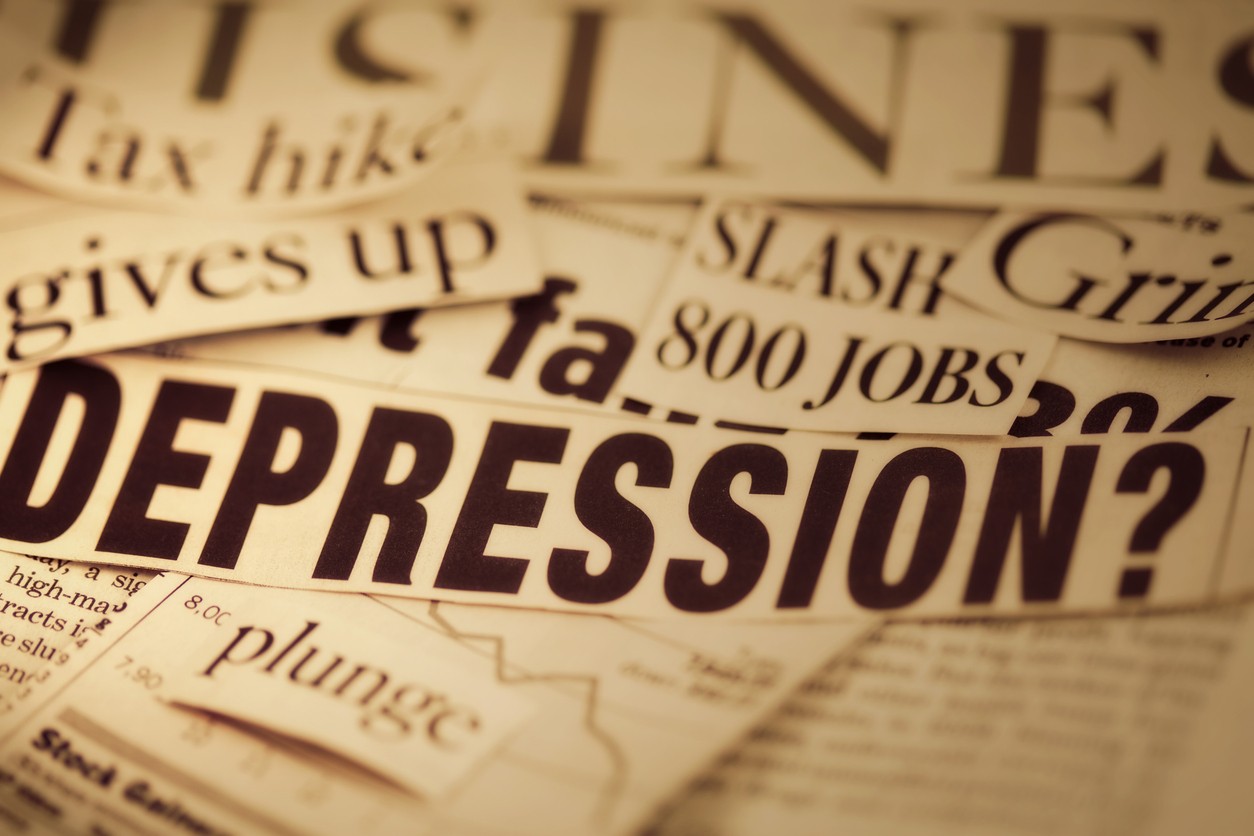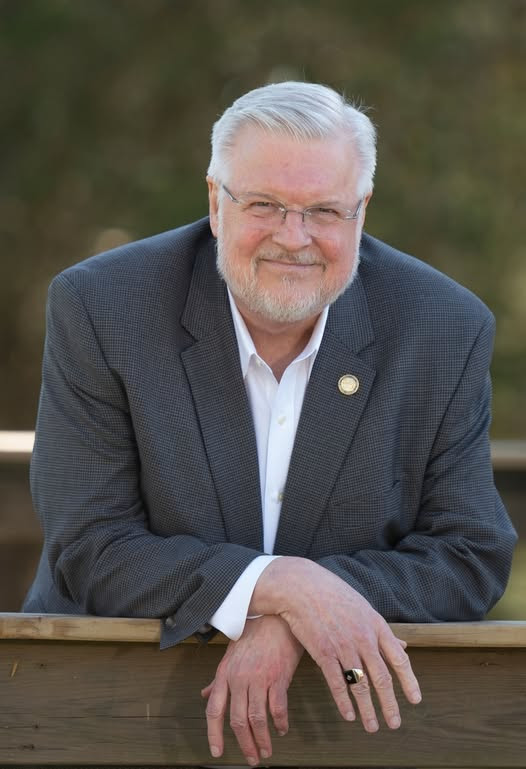By Rev. Mark Creech
RevMarkCreech.org
In his book How to Help Yourself, the late Robert J. Hastings tells a charming story from his boyhood during the Great Depression.
It was the summer of 1930, and Herbert Hoover was in the White House. Across America, fear and want had begun to grip the nation. In southern Illinois, a young boy named Robert visited his Uncle Bob and Aunt Mattie on their small farm in Johnson County.
Money was scarce in those days, but the table at that farmhouse overflowed with the fruits of honest labor – fresh milk and butter, smoked ham, garden vegetables, and fried chicken. As the family gathered around a flickering kerosene lamp on the back porch, Uncle Bob sometimes remarked that if President Hoover could see how “poor folks” were living, he’d surely do something about the Depression. Then, with a broad smile, he would turn to his guests and say the exact words heard around countless American tables in those days: “Now, help yourself.”
Hastings never forgot that phrase. It was more than a country idiom; it reflected a way of life. People believed in taking what was before them and not waiting for someone else to serve them. They worked hard, shared, and took responsibility for their well-being. That simple expression – help yourself – may be one of the most important lessons our generation needs to recover.
We’ve drifted far from that kind of thinking. Today, when a crisis strikes, the first cry we hear is, “Where’s the government?” We’ve been conditioned to look to Washington as the universal provider, the ultimate problem-solver, and the great deliverer of relief. But that dependency has come at a very high price. It has weakened the moral muscle that once defined us as a people.
Recently, this truth was demonstrated in striking fashion in western North Carolina after Hurricane Helene. The storm’s devastation was overwhelming; roads were washed out, bridges collapsed, and homes and churches were buried in mud. Many residents voiced frustration that government help was slow to arrive or, in some cases, didn’t arrive at all. But rather than waiting helplessly, the people did what their forebears once did: they helped themselves.
Farmers, contractors, and neighbors banded together to clear debris and rebuild washed-out roads. In Barnardsville, local builders used their own equipment to rebuild roads so food and medicine could reach the stranded. In Marshall, volunteers saved a church that had been flooded to its rafters, digging out mud and restoring it. From Chimney Rock to Green River, ordinary citizens took up the tools of recovery long before federal agencies could even mobilize.
They embodied that same spirit Uncle Bob encouraged: “Help yourself.”
That phrase was also the guiding principle of President Herbert Hoover, who served during the darkest early years of the Great Depression. He believed deeply in what he called “American Individualism.” Hoover warned that a people who came to depend on government for their daily needs would lose the very character that made them free. “Our system,” warned Hoover, “is founded on rugged individualism and self-reliance… not on governmental paternalism.”
History has not been kind to Hoover. However, many economists and moral philosophers now argue that his vision, though unpopular then, would have produced a stronger nation in the long run. His successor, Franklin D. Roosevelt, offered immediate relief through federal programs but established the foundation of the welfare state that has grown almost unlimitedly. Getting one’s head around a national debt of over $30 trillion is hard, translating into about $100,000 for each U.S. citizen. But it’s clear that what started as a lifeline in crisis has become a way of life. We have borrowed against our moral capital, future generations, and even against God’s patience. The only true deliverance, for nations or individuals, begins when we acknowledge the debt, repent of turning to government as savior, and seek the One who alone can make us free.
We live in an America where too many are waiting for the government to fix what they can themselves, even better and more efficiently. Yet now and then, after a storm, a fire, or some national trial, the old American spirit briefly but beautifully resurfaces. We see it when neighbors come out with their chainsaws, clear away the fallen trees, rebuild each other’s homes, and give without being asked. This is the spirit that built our nation, and the one that will save it if we hope to make it great again.
Scripture reminds us that personal responsibility is not merely a civic virtue. It’s a spiritual one. “Each one should carry his own load,” wrote the Apostle Paul (Galatians 6:5). And again, “Go to the ant, O sluggard; consider her ways and be wise” (Proverbs 6:6). These verses speak to the divine order of personal responsibility, hard work, diligence, initiative, and cooperation with God’s providence.
God does not bless passivity; He blesses faith joined with effort. The Scriptures teach that “faith without works is dead” (James 2:26). Years ago, an old man put it this way to me, “Trust God as though it all depended on Him, but work as though it all depended on you.” When people work, give, and serve in the Lord’s name, they discover heaven multiplies their labors. The miracle of self-help is not that we act alone; when we take responsibility and begin, God meets us in the doing.
America must return to this truth to recover its moral and spiritual vitality. The old saying, “Help yourself,” was never about pride but about partnership with Providence.
The table of opportunity is set before us. The question is whether we’ll reach out by faith and with our own hands take what God has provided, work it diligently, and trust Him to give the increase.


